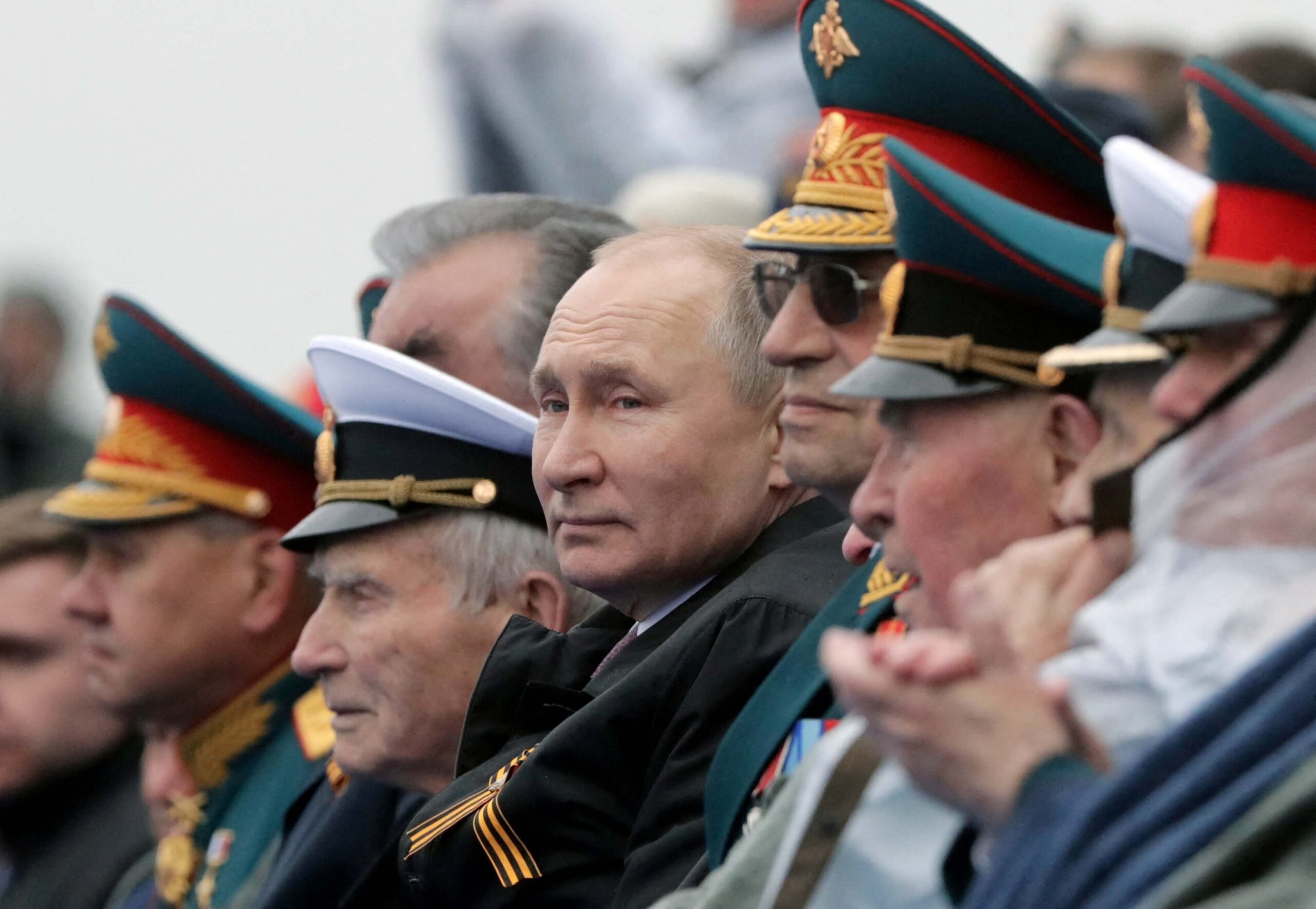The unraveling of Vladimir Putin’s imperial dreams and Donald Trump’s newfound clarity on Russia mark a seismic shift in the Ukraine conflict. For years, Putin’s obsession with restoring the Soviet Union’s lost glory has driven his brutal campaign in Ukraine, fueled by a personal trauma rooted in the 1980s collapse of the USSR. But this summer of 2025, something snapped. Trump, once seemingly charmed by Putin’s flattery, appears to have woken up to the Kremlin’s manipulations. This is no mere diplomatic spat—it’s a moment that could redefine the war’s trajectory and Ukraine’s fight for survival.
Putin’s worldview was forged in the ashes of the Soviet empire. Stationed in Dresden during the 1980s, he watched helplessly as the Berlin Wall fell, an event he later called the 20th century’s greatest tragedy. You get the sense that the chaos of that era—protesters encircling his office, Moscow’s deafening silence when he begged for help—scarred him deeply. It’s not just Ukraine he wants; it’s every inch of land once touched by Soviet boots. His staged photos atop horses and his chest-thumping rhetoric about Russian strength are less about confidence than desperation to erase that humiliation. Yet, for all his bluster, Putin’s Russia is fraying—its economy battered, its military bleeding a million casualties, its propaganda machine struggling to mask a failing potato harvest.
Enter Trump, a man who once believed he could charm Putin into peace. In 2024, he boasted he’d end the war in 48 hours, convinced his deal-making prowess and personal rapport with Putin would suffice. You can almost picture him, moved to tears by a painting Putin gifted him, falling for the oldest KGB trick in the book: flattery. But last week, something shifted. Trump’s public frustration—bordering on betrayal—suggests he’s realized Putin isn’t his friend. In a leaked call, Trump reportedly warned Putin that bombing Ukraine could mean American retaliation against Moscow itself. It’s a brash, almost cartoonish threat, but it signals a psychological break. Trump, the self-styled master of the deal, now sees he’s been played.
This awakening couldn’t come at a more critical juncture. Ukraine has endured a brutal yo-yo game of stalled peace talks, which Putin has weaponized as a delay tactic to pummel the country without global backlash. Trump’s initial reluctance to arm Ukraine or sanction Russia emboldened the Kremlin, but his recent pivot—fueled by confidence from a successful U.S. airstrike in Iran—hints at a tougher stance. Rumors swirl of a forthcoming speech where Trump may push for 500% tariffs on nations buying Russian oil, a move that could strangle Putin’s war machine. If India and China, key buyers, face such penalties, Russia’s coffers could dry up fast. Without hard currency, even Putin can’t keep churning out tanks and missiles indefinitely.
But here’s what’s troubling: Trump’s change of heart doesn’t guarantee a lifeline for Ukraine. He’s a mercurial figure, prone to washing his hands of messy problems. The war’s complexity—far beyond the real estate deals he’s used to—might push him to step back, leaving Ukraine and Europe to fend for themselves. Frankly, that could be a blessing in disguise. Europe, led by figures like Macron, is already planning to police Ukrainian skies in a potential ceasefire. If Trump bows out, it might force NATO to step up, unshackled by his unpredictable whims.
The deeper issue lies in Russia itself. Putin’s grip, while ironclad, isn’t invincible. His purges of loyalists—like the recent assassination of a key minister—project strength but hollow out expertise. Russia’s conscripts, poorly trained and dying in droves, face a Ukrainian force backed by Western tech and resolve. Yet, the Russian psyche, hardened by decades of hardship, remains stubbornly resilient. From the Soviet era’s 26 million war dead to today’s apathetic masses, Russians tolerate suffering that would topple Western governments in weeks. Even if sanctions bite, it could take months for economic pain to spark unrest—assuming it ever does. The “Amazon refugees” who fled when McDonald’s closed shop are the exception, not the rule.
What’s at stake here isn’t just Ukraine’s survival but the global order. If Trump follows through with sanctions and NATO steps up, Putin’s dream of a restored empire could collapse under its own weight. But if Trump falters, or if Russia’s propaganda keeps its people numb, the war could grind on, costing countless more lives. The psychology of power—Putin’s obsession, Trump’s ego—matters as much as tanks and missiles. For Ukraine, this summer is a pivot point, a chance to seize momentum or risk being abandoned. The world is watching, and so should we.
